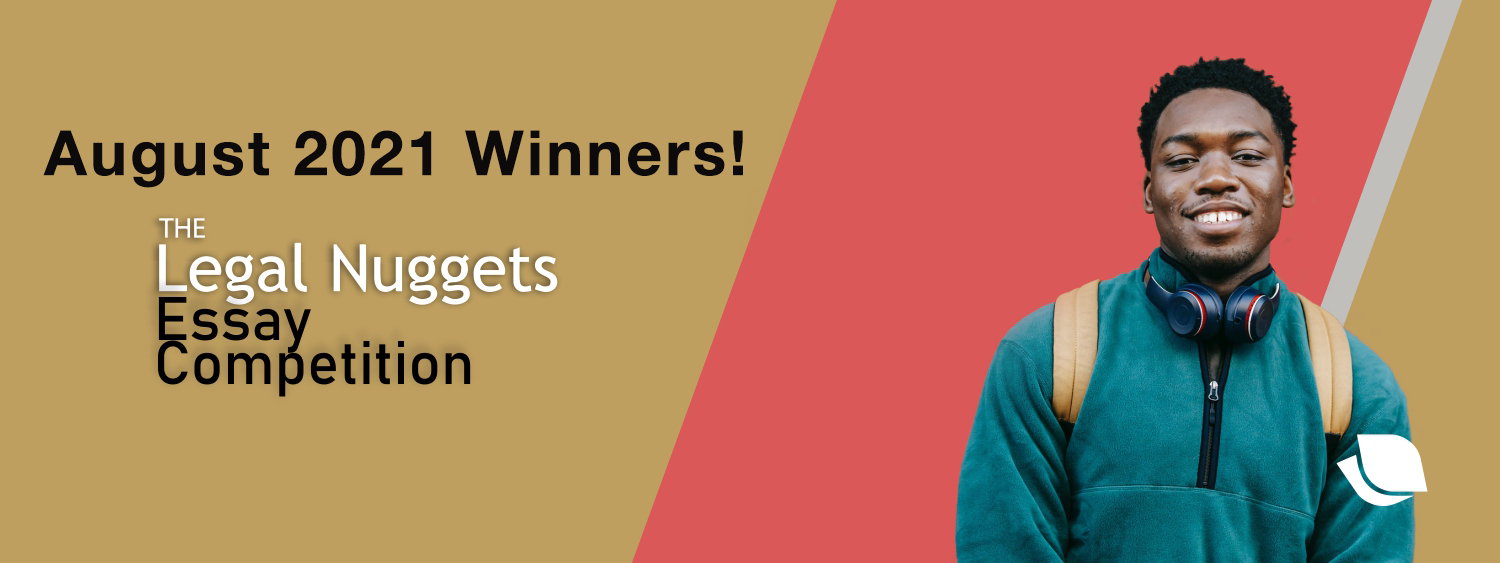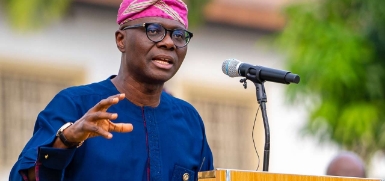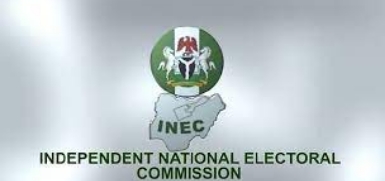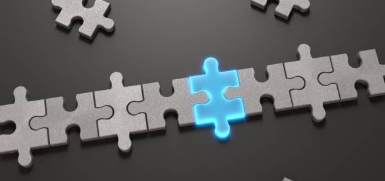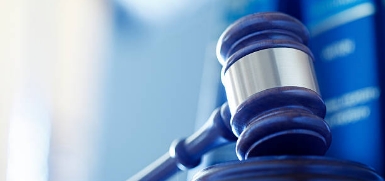ABSTRACT
There is an evolution underway in terms of how Internet access is perceived and understood. The view that Internet access should be a fundamental right has continued to gain traction. At the same time, concerns are increasing about the very real threat of offline harm posed by the dissemination of misinformation and hate speech online. This Essay looks at these tensions within the context of one particularly extreme solution to perceived online threats: shutting off Internet access. While Internet shutdowns have now occurred across nearly all continents, they are on the rise in Africa, where some of the longest shutdowns have taken place.
The great internet firewall of China remains the most prominent example of state internet filtering used to control what happens online. President Muhammadu Buhari’s administration reportedly wants to take a cue from China to build a similar infrastructure in Nigeria, raising questions as to whether it can afford one and why it wants such a digital blanket in the first place.
Keywords: Internet shutdowns, Africa, Nigeria, Internet access, social media, censorship, misinformation
WORD COUNT: 895(Main Essay body only)
DIGITAL AUTHORITARIANISM IN NIGERIA
1.0 INTERNET AS A FUNDAMENTAL HUMAN RIGHT?
In recent years, there has been a development in how Internet access is perceived and discussed in popular global discourses shaping how Internet shutdowns are understood. On the one hand, the view that Internet access should be seen as a fundamental right has gained traction. States like Finland and Estonia have made access to the Internet a legal right for their citizens.
The UN Human Rights Council (OHCHR), explicitly condemned “measures to intentionally prevent or disrupt access to or dissemination of information online in violation of international human rights law” (Human Rights Council, 2016, p. 4).
In 2016 the UN General Assembly passed a non-binding resolution that “declared internet access a human right.” This created inspirational headlines around the world, but the Resolution did not address governmental responsibility to provide access to all.
1.1 clamp down on the internet and social media in Nigeria
Since the Buhari administration began, it has not hidden its penchant to control what Nigerians say and do on the internet; perhaps more than previous administrations, going by available records. The government and its officials have seized any opportunity to push for measures to control information, either through laws or other means.
The first clear move of this administration’s attempt to restrict the internet came as far back as 2019, with the introduction of the Anti-social Media Bill which was introduced by the Senate to criminalize the use of social media in peddling false or malicious information.
Angry reactions trailed the introduction of the bill, which condemned the proposed legislation, as it aimed at gagging freedom of speech which is a universal right, in a country of over two hundred million people.
In more recent times, the actions of the Government show that its effort in restrictive/state-controlled media had not been dampened or shifted since the opposition to its bill in 2019. On June 2, 2021, President of Nigeria, Muhammadu Buhari, made posts on Twitter that threatened retaliatory action against the Eastern Security Network (ESN), a paramilitary organization of the separatists’ group, Indigenous People of Biafra (IPOB).
After criticism of the posts, Twitter removed them claiming violations of its policy on abusive content, and temporarily suspended President Buhari’s account.
The Minister of Information and Culture, Lai Mohammed accused Twitter of operating under a “double standard” Lai Mohammed announced that Twitter’s operations in Nigeria would be “suspended” indefinitely, arguing that the company had been engaging in activities “capable of undermining Nigeria’s corporate existence.
1.2 Social media, A new generation’s clamor for change?
Of course, the decision to block Twitter was likely not based solely on the removal of the president’s post. Nigerians have long used the platform as a venue for free expression and unfettered criticism of the government, making it a regular irritant for Buhari.
The #EndSARS protest movement of October 2020 offers a potent example of dissent incubated online. The online mobilization sparked a series of offline demonstrations. As the protests unfolded, Twitter served as a space to talk strategy, coordinate resources, and share powerful stories of repression and resistance.
2.0 CHINA: THE KEY PLAYER
As Nigerians get used to life without Twitter after the Buhari administration indefinitely suspended the microblogging site and moved to regulate social media platforms operating in the country. Reports have emerged that the suspension is just part of a bigger plan by the government to digitally isolate the country of over 200 million people via an online infrastructure similar to China’s internet firewall.
Local newspaper Foundation for investigative journalism reported that Nigerian presidency officials met with the Cyberspace Administration of China (CAC) “to discuss plans to build an internet firewall” as the government becomes “more desperate to control cyberspace”.
2.1 Bottom Line
Although international pressure against Nigeria to reverse its policies on Twitter and other social media platforms keeps growing, the country does not appear to be backing down. Instead, as reports suggest, it is eager to embark on a dangerous trip chauffeured by Beijing whose “long arms are increasingly stretching afar”.
Although the government has often claimed that its dream to “dominate” Nigeria’s cyberspace is buoyed by concerns about hate speech and misinformation, a large number of the citizens believe it is another attempt at shutting the eyes of the world from the challenges of the country of over 200 million people.
3.0 CONCLUSION
This extraordinary series of events showcase Nigeria’s dangerous shift toward digital repression, mirroring a global trend in which governments have restricted social media to maintain political control. The move may also be a harbinger of retaliatory restrictions on platforms around the world, as international tech companies begin to enforce their terms of service more stringently against leading politicians and politicians, in turn, seek to exert pressure on platforms.
A fact to consider, More importantly, is that Nigeria is a major power on the continent of Africa with obligations under international and regional treaties, so taking such a move that will go against the freedom of expression are not in tune with these obligations.
The democracies that host global social media companies – and internet users everywhere – have a stake in the outcome of the Nigerian case. If the ban is allowed to stand, or succeeds in forcing Twitter to make problematic concessions, other governments could soon follow suit, doing immeasurable harm to freedom of expression, access to information, and political pluralism around the world.
BIBLIOGRAPHY
1. International Journal of Communication 14(2020), 4216–4223
– The Changing Landscape of Internet Shutdowns in Africa BY ELEANOR MARCHANT1 NICOLE STREMLAU2 of the University of Oxford, UK
2. GREAT WALL OF SILENCE: Can Nigeria afford China’s internet wall to silence online critics? by Chinedu Asadu {the Africa report} newspaper.
3. Censorship of Twitter: From Wikipedia, the free encyclopedia
4. Nigeria’s Twitter Ban Is a Bellwether Case for Internet Freedom By Kian Vesteinsson, Research Analyst.



